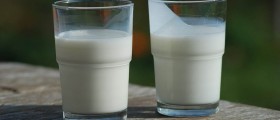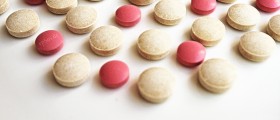Loading...
Hello, in general, probiotics are sometimes recommended after certain medical procedures or treatments that might affect the gut flora, such as antibiotics. Probiotics can potentially help in repopulating the colon with beneficial bacteria.
After colon surgery, the use of probiotics might depend on the specific type of surgery, the reason for the surgery, and an individual's overall health. Here are some general considerations:
-
Potential Benefits: Probiotics might help reduce the risk of postoperative infections or complications by supporting a healthy gut flora balance. They might also play a role in preventing antibiotic-associated diarrhea or Clostridioides difficile infection, which can be a concern after surgery.
-
Concerns: In certain cases, especially immediately after surgery, there might be concerns about using probiotics. For instance, if there's a risk of bacterial translocation (where bacteria move from the intestines to other parts of the body), introducing more bacteria—even beneficial strains—might not be advised.
-
Timing: The best time to start taking probiotics after surgery can vary. Some doctors might advise waiting until the gut is fully healed, while others might recommend them sooner.
-
Type of Probiotic: There are many strains of probiotics, and not all of them have the same effects. It's essential to choose a probiotic that's appropriate for the specific situation and has been well-studied.
-
Consultation: Before taking any supplements, including probiotics, after surgery, it's crucial to consult with the surgeon or a healthcare professional familiar with the specifics of the surgery and the patient's health status.
Remember, while probiotics can be beneficial for many people, they are not suitable for everyone and might not always be recommended after surgery.
Loading...
















